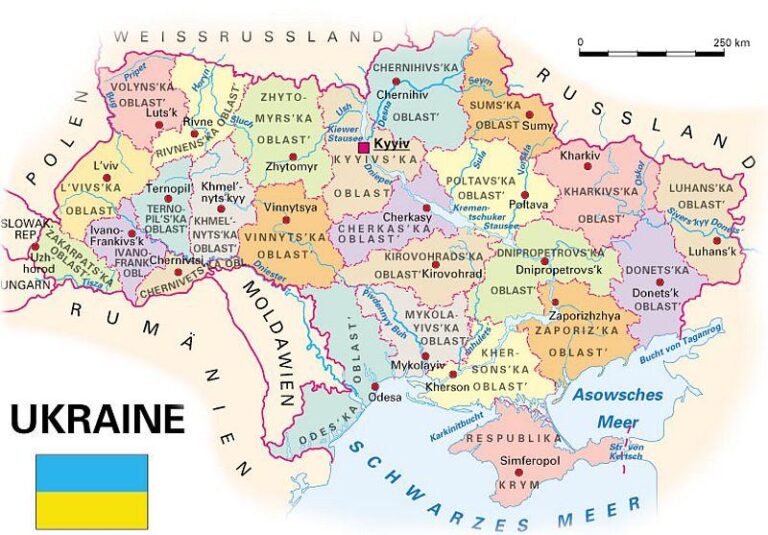Ukraine Demands Full Disclosure of Russian Peace Terms Amid Escalating Conflict
As hostilities between Ukraine and Russia persist, Kyiv has intensified its insistence on Moscow revealing the specifics of its peace proposals. Ukrainian authorities stress that transparency is indispensable for fostering trust and ensuring accountability in any negotiation process. This demand reflects growing doubts about Russia’s true intentions, especially given the secretive nature of prior diplomatic exchanges.
Ukraine’s principal conditions for negotiations include:
- Comprehensive publication of Russia’s proposed peace terms
- An inclusive negotiation framework with participation from international observers
- Firm assurances safeguarding Ukraine’s sovereignty and territorial integrity
- Clearly defined schedules for ceasefire enforcement
| Negotiation Element | Ukraine’s Stance | Moscow’s Position | ||||||||||
|---|---|---|---|---|---|---|---|---|---|---|---|---|
| Disclosure of Peace Terms | Complete openness demanded | No official details released publicly | ||||||||||
| Participants in Talks | < td > Inclusion of global observers required||||||||||||
| Stakeholder | Status | Main Request | ||||||||||
| Kiev | Pushing for clarity | Moscow’s formal peace proposal | ||||||||||
| Moscow | Avoiding disclosure | No public offer presentedn | ||||||||||
| E U / Francen | Mediatorsn | Pursuing openness & constructive talksn/t rn |
Strengthening International Mediation to Foster Equitable Negotiations
Leading diplomats and scholars specializing in international relations advocate establishing a comprehensive mediation framework designed to address power imbalances between conflicting parties. The engagement of impartial third-party facilitators can encourage transparent sharing of proposals while promoting solutions deemed fair by all involved stakeholders. This strategy is increasingly vital in prolonged conflicts where mutual distrust prevails and direct communication channels are compromised or nonexistent.
Experts recommend several essential components within such mediation efforts:
Broad-based negotiation formats:Incorporating diverse international actors ensures oversight credibility.
Open disclosure policies:Ensuring all parties-and the global community-can scrutinize proposed agreements.
Defined procedural deadlines:Preventing indefinite delays through clear timelines.
 <\/ l i \>
 < l i \>
Â
 Confidence-building measures:\
Preliminary accords addressing humanitarian concerns foster goodwill among disputants.
 \<\/ strong\>
\<\/ l i\>
\<\/ u l\>
\<\/ p\>
\
\
\
\< th \>
Mediation Component
Purpose
Expected Outcome
Neutral mediator involvement
Reduce partiality
Build greater confidence among parties
Public transparency
Prevent misinformation
Increase legitimacy
Defined negotiation timeline
Counteract procrastination
Ensure timely advancement
Preliminary humanitarian agreements
Establish trust
Promote constructive dialogue
Neutral mediator presence
Reduce bias
Greater trust
/// ///
/// ///
The ongoing conflict underscores how crucial transparent communication remains as Kyiv renews calls demanding clarity on Russia’s peace offers. International observers remain vigilant yet hopeful that enhanced openness will eventually facilitate productive negotiations leading toward peaceful resolution. Given the fluidity surrounding developments, further updates are anticipated over coming weeks.
///




